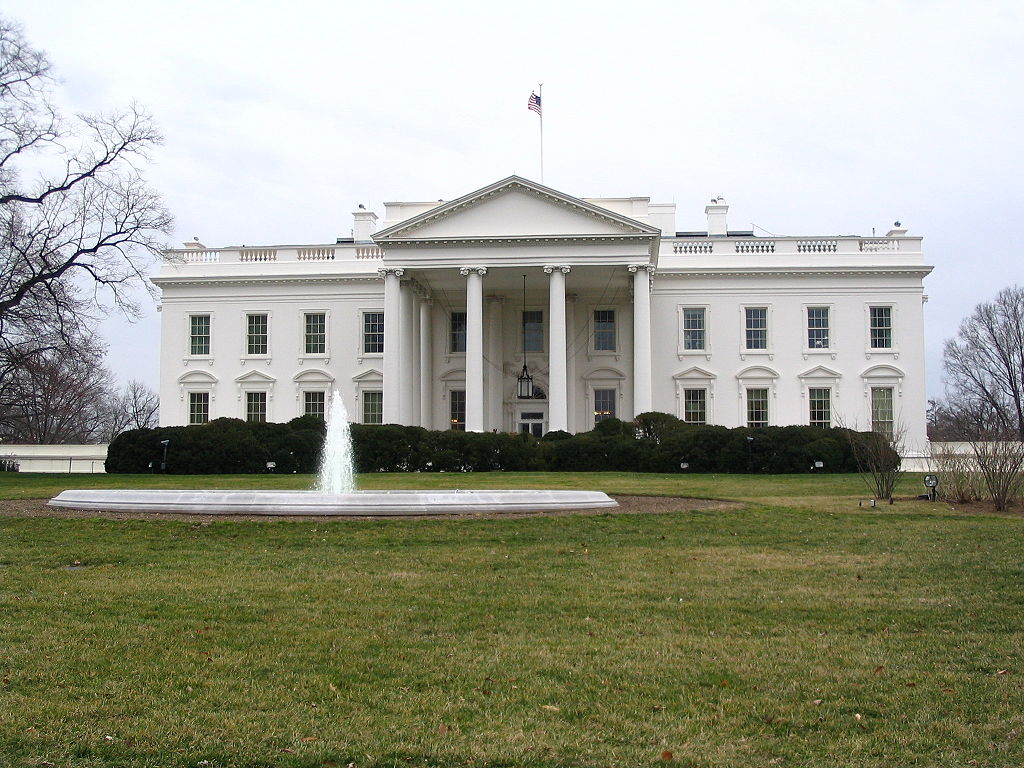U.S. News
U.S. National debt exceeds $30 trillion for first time in history

WHAT YOU NEED TO KNOW:
- The U.S. national debt exceeded $30 trillion for the first time in history, according to the Treasury Department.
- Government borrowing increased during the pandemic as Washington exceeded the threshold to lessen the economic impact of the crisis.
- Sen. Joe Manchin cited the “staggering debt” as a major factor in his decision to oppose the spending bill.
The United States’ national debt has exceeded $30 trillion for the first time in history, the Treasury Department said Tuesday.
The federal government surpasses the threshold after a series of borrowing and spending during the coronavirus pandemic.
Weeks before the pandemic began, the national debt has ballooned by roughly $7 trillion since January 2020. The Trump and Biden administrations approved stimulus payments, among other measures, to support the economy.
The Peter G. Peterson Foundation estimated that the $30 trillion debt is equivalent to $231,000 per US household and $90,000 per individual. That means it would take 19 years to pay down the debt if every American household paid $1,000 per month to cover the debt.
The staggering figure includes intragovernmental debt, or money the federal government owes to itself, such as through Social Security trust funds. It also includes debt held by public entities such as businesses, pension plans and insurance companies.
The US owed foreign creditors — Japan, China and the United Kingdom topping the list — more than $7.7 trillion.
The government surpassed the $30 trillion threshold faster than expected. The nonpartisan Congressional Budget Office predicted in 2020 that it would not occur until 2025.
Michael A. Peterson, CEO of the Peter G. Peterson Foundation said the $30 trillion debt is a “giant red flag for all of us about America’s future economic health, generational equity, and role in the world.”
“Our high and rising debt makes us less prepared for the next pandemic, less secure against future adversaries, less resilient to the changing climate, and less able to build the strong and inclusive economy that we all want for the next generation,” Peterson added.
The national debt is a subject of fierce debate on Capitol Hill. Republicans — and some Democrats — have argued for months that President Biden’s $2 trillion social and climate spending bill, the Build Back Better Act, will cause the national debt to balloon even larger, crippling the country over the long term.
Sen. Joe Manchin opposed the bill, citing the federal government’s “staggering debt.”
Republicans blocked efforts to lift the debt ceiling in 2021. They argued that increasing the federal borrowing limit would facilitate additional government spending the US could not afford.
Later, Congress raised the debt ceiling by $2.5 trillion, enough to cover obligations until 2023.
Source: New York Post
